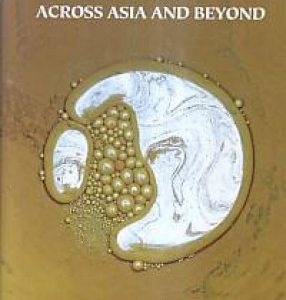
Indian Medical Tradition Series

Showing all 5 books

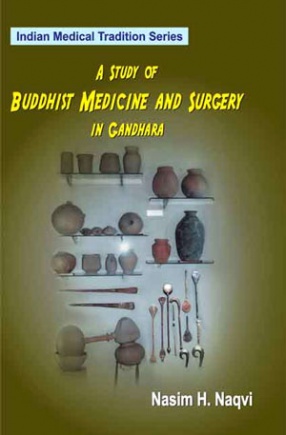
This study approaches Buddhist Medicine and Surgery by comparing the medico-social events, people who were involved in it and the tools they used; from mainly three civilisations of contemporary period, the Greeks, Romans and Buddhists who prospered in Gandhara. The interactions of all three people for long periods in history are well documented; the study raises the obviously intriguing question why in some areas they influenced each other markedly but not at ...
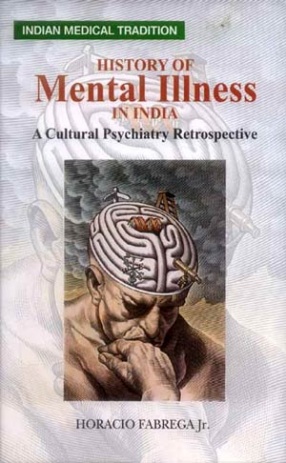
Examining "mental illness" in societies where different world views, thought worlds, and habit patterns prevail is ordinarily frowned by social scientists since it involves analysis of phenomena steeped in modern conventions of knowledge. This book contravenes this position giving reasons for and ways of circumventing social science scruples. It formulates and provides details about the system of healing of conditions of psychiatric interest that would ...
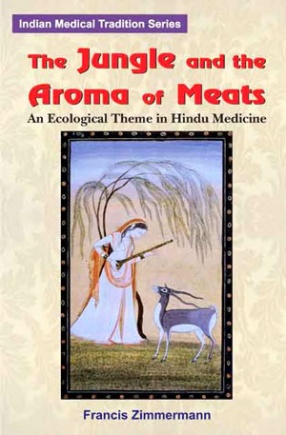
The theory of humors, vital fluids whose proportions in the human body determine its health and temperament, is far from outdated. And what we sometimes think of as a modern concern with ecology and alternative medicine is really as old as the traditional medical techniques of the classical West of South Asia. It is to the latter that Francis Zimmermann turns his attention, in a remarkable evocation that combines Sanskrit studies and anthropology. He reconstructs ...
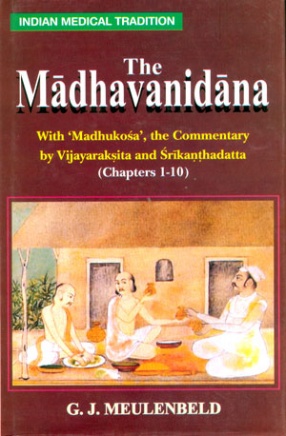
The work presents earliest and most important compendium on the section of Indian medicine that is traditionally called nidana, the Rogaviniscaya by Madhava, usually referred to as Madhavanidana. Though the first work of this type to appear in the field of Sanskrit medical literature, it has remained a classic up to modern times. Madhava set the standard as to the order in which the diseases should be described. In this he definitely improved ...
